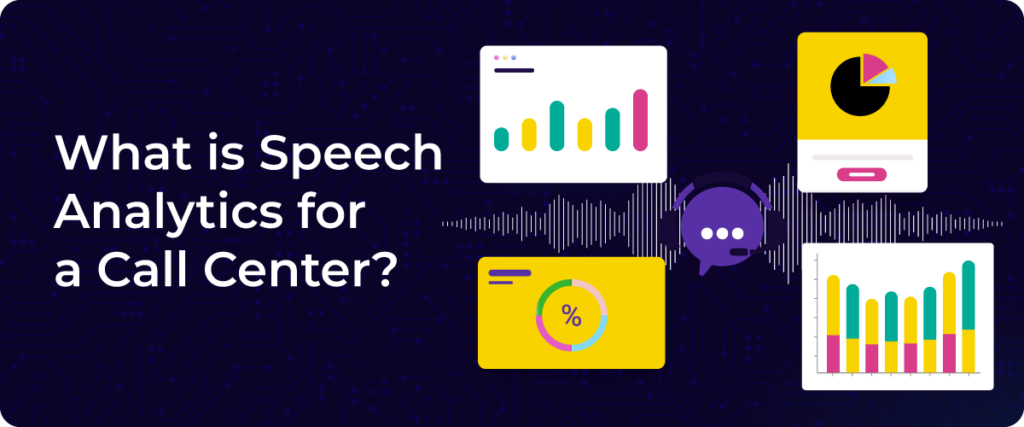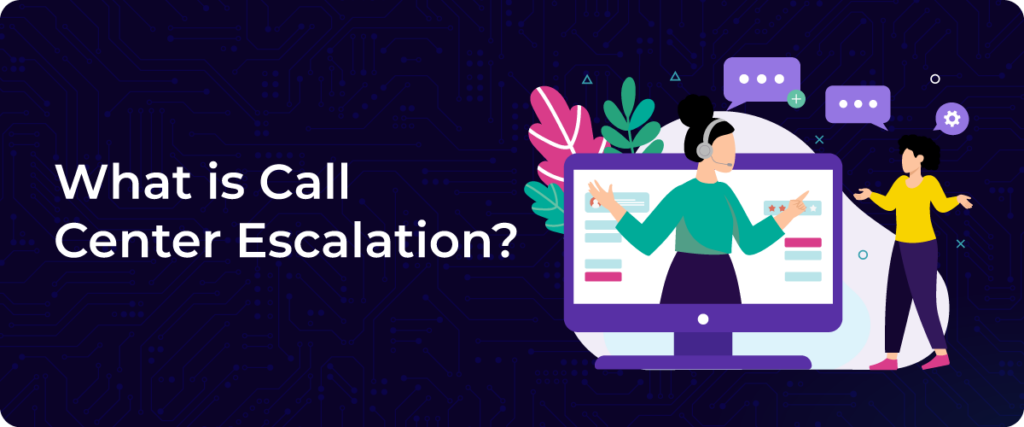Did you know? 90.3% of organizations use voice call recording to improve customer experience and ensure compliance.
This technology isn’t just about storing conversations—it helps businesses analyze calls, enhance agent performance, and resolve disputes efficiently, making it a must-have in modern customer service.
Outline
1. Evolution of Voice Call Recording
2. Key Benefits of Voice Call Recording
3. How Voice Call Recording Works
4. Actionable Insights from Recorded Calls
5. ConvoZen.AI: Transforming Call Analysis
6. Frequently Asked Questions (FAQs)
Evolution of Voice Call Recording
Voice call recording has come a long way from analog tapes to AI-powered cloud solutions. In the early days, businesses relied on cassette-based recorders, which were bulky and inefficient. The digital shift in the 1990s introduced computer-based call center recording systems, offering better storage and retrieval.
Today, cloud-based recording solutions have transformed the industry. Companies no longer need on-premise servers—they can securely store and analyze calls in real time. These modern voice recording systems for call centers leverage AI and speech analytics to extract insights, improve compliance, and enhance customer experience.
With remote work on the rise in the field of sales and customer service, cloud solutions enable seamless access to call data from anywhere, making them essential for businesses prioritizing efficiency and security.
Key Benefits of Voice Call Recording
1. Quality Assurance and Training Opportunities
Voice call recording helps businesses monitor agent interactions, ensuring adherence to scripts and service standards. Supervisors can review real calls to identify strengths and areas for improvement, making it an essential tool for ongoing training and skill development.
2. Compliance and Legal Protection
Many industries, including finance and healthcare, require call center recording systems to comply with data protection laws and regulatory standards. Properly recorded calls serve as legal evidence in disputes and protect businesses from liability.
3. Dispute Resolution
Customer disputes can arise due to miscommunication or service issues. A call center voice recording provides a verifiable record of conversations, helping resolve misunderstandings efficiently while ensuring fairness for both customers and businesses.
4. Performance Metrics and Coaching
With modern voice recording systems for call centers, managers can track key metrics like call duration, response time, and issue resolution rates. These insights help coach agents more effectively, improving overall team performance.
5. Customer Experience Improvement
Analyzing recorded calls allows businesses to understand customer pain points, preferences, and feedback. Companies can use this data to refine their services, enhance product offerings, and personalize customer interactions, ultimately driving higher satisfaction and loyalty.
How Voice Call Recording Works
Technical Overview of Recording Systems
Voice call recording systems capture and store conversations between customers and agents for analysis, compliance, and training. These systems use dual-channel recording, separating agent and customer audio for clarity.
Advanced solutions integrate AI and speech analytics to detect sentiment, keywords, and compliance violations.
On-Premise vs. Cloud Solutions
1. On-Premise Call Recording
Traditional call center recording systems store data locally on company servers. While they offer greater control, they require high maintenance costs and manual updates.
2. Cloud-Based Call Recording
Modern voice recording systems for call centers store data in the cloud, providing scalability, remote access, and automatic updates. These solutions eliminate hardware limitations and integrate easily with CRM and AI tools for enhanced analytics.
Storage Considerations
Call recordings require secure, scalable storage. Companies must balance retention policies, encryption, and compliance requirements when choosing a solution.
Cloud-based storage offers cost-effective, flexible options, while on-premise storage may be preferred for industries with strict data security mandates.
Actionable Insights from Recorded Calls
1. Identifying Customer Pain Points
Listening to voice call recordings helps businesses pinpoint recurring issues, frustrations, or service gaps. Whether it’s a slow resolution process or product-related concerns, recorded conversations reveal what customers struggle with, allowing companies to proactively address these pain points.
2. Recognizing Successful Sales Techniques
Top-performing agents often follow a pattern—whether it’s their tone, choice of words, or objection-handling skills. By analyzing call center voice recordings, businesses can identify effective sales techniques, replicate them in training, and refine sales strategies for better conversions.
3. Spotting Trends in Customer Requests
Frequent customer inquiries highlight emerging trends in demand, preferences, or potential issues with a product or service. Call center recording systems help businesses track these trends, allowing them to adjust marketing strategies, update FAQs, or introduce new offerings based on real customer needs.
Spot Customer Trends through ConvoZen.AI’s Smart Insights
4. Improving Scripts and Responses
Recorded calls provide a data-backed way to refine call scripts. If certain phrases confuse customers or fail to drive engagement, businesses can tweak responses to enhance clarity and effectiveness. This ensures agents communicate clearly, persuasively, and professionally.
5. Data-Driven Decision Making
By leveraging voice recording systems for call centers, businesses can use real-time data to optimize workflows, improve customer service policies, and enhance training programs. Insights from call recordings enable leaders to make strategic, customer-centric decisions backed by tangible data.
ConvoZen.AI: Transforming Call Analysis
1. AI-Powered Call Analysis
Goes beyond basic voice call recording by using AI to extract insights, improve service, and boost agent performance.
2. Advanced Analytics Capabilities
Detects sentiment, compliance risks, and key trends, helping businesses refine sales strategies and improve customer interactions.
3. Real-Time Insights & Notifications
Instantly alerts managers to frustrated customers, compliance violations, or critical call moments, enabling quick intervention.
4. Seamless Integration
Connects with CRMs, cloud telephony, and helpdesk software, ensuring smooth adoption without disrupting existing workflows.
5. Data-Driven Decision Making
Uses AI-powered insights from call center voice recordings to enhance training, compliance, and overall efficiency.
With ConvoZen.AI, businesses can unlock the full potential of their call center recording systems, turning every conversation into actionable intelligence.
Frequently Asked Questions
1. How do you analyze call data?
Call data is analyzed using AI-powered call center recording systems that extract insights from conversations. Key metrics like sentiment, keyword trends, agent performance, and compliance adherence are tracked.
Advanced speech analytics helps businesses identify patterns, improve customer interactions, and make data-driven decisions for better service.
2. What is the best way to record phone calls?
The best way to record phone calls is by using a voice recording system for call centers or cloud-based call recording software. These solutions offer automated recording, secure storage, and AI-driven analytics.
For mobile users, built-in features or third-party apps help record calls on iPhone and Android while ensuring compliance.
3. Is voice call recording legal?
Yes, but regulations vary by location. Some regions require one-party consent, meaning only one participant needs to be aware, while others require two-party consent where both must agree.
Businesses using call center voice recording should follow local laws, obtain consent, and secure recordings to ensure compliance.
Unleash Your Contact Center’s Potential Today! 👉 Get Started with ConvoZen.AI and Elevate Customer Experience.


